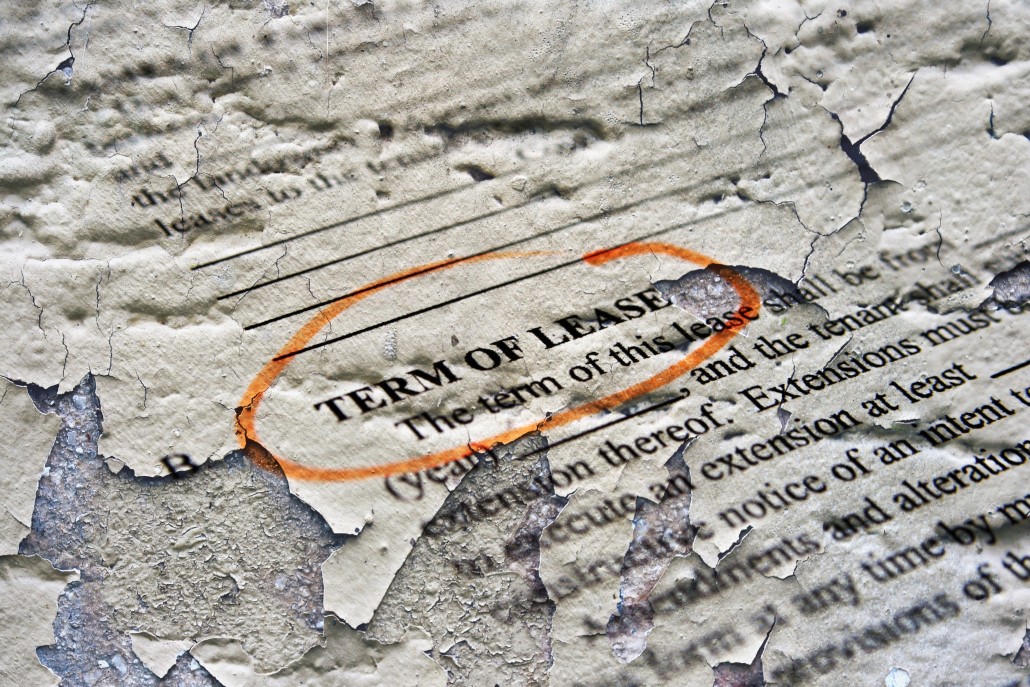On May 5, 2021, a federal judge in the U.S. District Court for the District of Columbia vacated the national moratorium on evictions previously issued by the Centers for Disease Control and Prevention (CDC). The judge granted summary judgment in favor of the plaintiffs—three rental companies—reasoning that the CDC exceeded its statutory authority to respond to public health emergencies pursuant to the Public Health Service Act. However, despite this ruling, North Carolina’s moratorium on evictions remains in effect, as Governor Roy Cooper previously issued his own executive order extending the moratorium on evictions in North Carolina through June 30, 2021. Whether Governor Cooper will continue to extend the mortarium on…
-
-
TENANCY AT WILL
Rent prices in Charlotte are increasing, and these increases often lead to an uptick in evictions, as more tenants are unable to make their monthly payments. In North Carolina, a landlord can evict a tenant through a process called summary ejectment. In a typical summary ejectment action, a landlord alleges a valid lease agreement with the tenant, and alleges the tenant has breached the terms of the lease agreement, most frequently by failing to pay rent. The court will review the lease agreement, determine if the tenant in fact breached its terms, and determine if the landlord followed the statutory and/or contractual requirements to notify the tenant of his breach. …
-
BREAKING THE (NEWS ABOUT) MOLD
Mold is a very serious issue. It can cause significant health effects or damage to personal property. As part of the obligation to provide and maintain habitable premises, North Carolina requires landlords to respond to complaints of mold in a reasonable period of time depending on the severity of the condition. However, North Carolina takes a markedly different approach to the disclosure of the presence of mold by the landlord to the tenant. No Affirmative Disclosure Obligation Although a landlord may face potential liability, including rent abatement, for failing to respond in a reasonable period of time to complaints of mold, neither federal nor North Carolina statutes create an affirmative…
-
The Legal Aftermath of Hurricane Harvey
In the wake of Hurricane Harvey, many Texas residents have entirely new problems on their hands: rebuilding. For many folks, legal services organizations, such as Lone Star Legal Aid and Texas Rio Grande Legal Aid, are going to be essential in assisting them to get their life back on track. These organizations have already begun assisting victims with what is likely to be a long road ahead. (Author note: as of the time of publication of this article, Hurricane Irma is barreling towards Florida and the Southeast, but has not yet made landfall in the contiguous United States. While this article focuses on the legal ramifications for Harvey victims, the victims of Irma…
-
Tenant Rights: Have You Been Constructively Evicted?
One month into Adam’s lease he starts to notice maintenance and/or safety issues with the house he is renting. After a rainstorm, Adam finds a few leaks in the ceiling. The windows in his house do not close all the way, and he was electrocuted once when turning on the garage light. He then begins to have respiratory issues and notices mold in the den and bathroom ceilings. Adam notifies his landlord of these problems and the landlord assures Adam the issues will be fixed promptly. Several maintenance professionals come to the house but do nothing significant. Days or weeks pass and, despite repeated assurance from…


